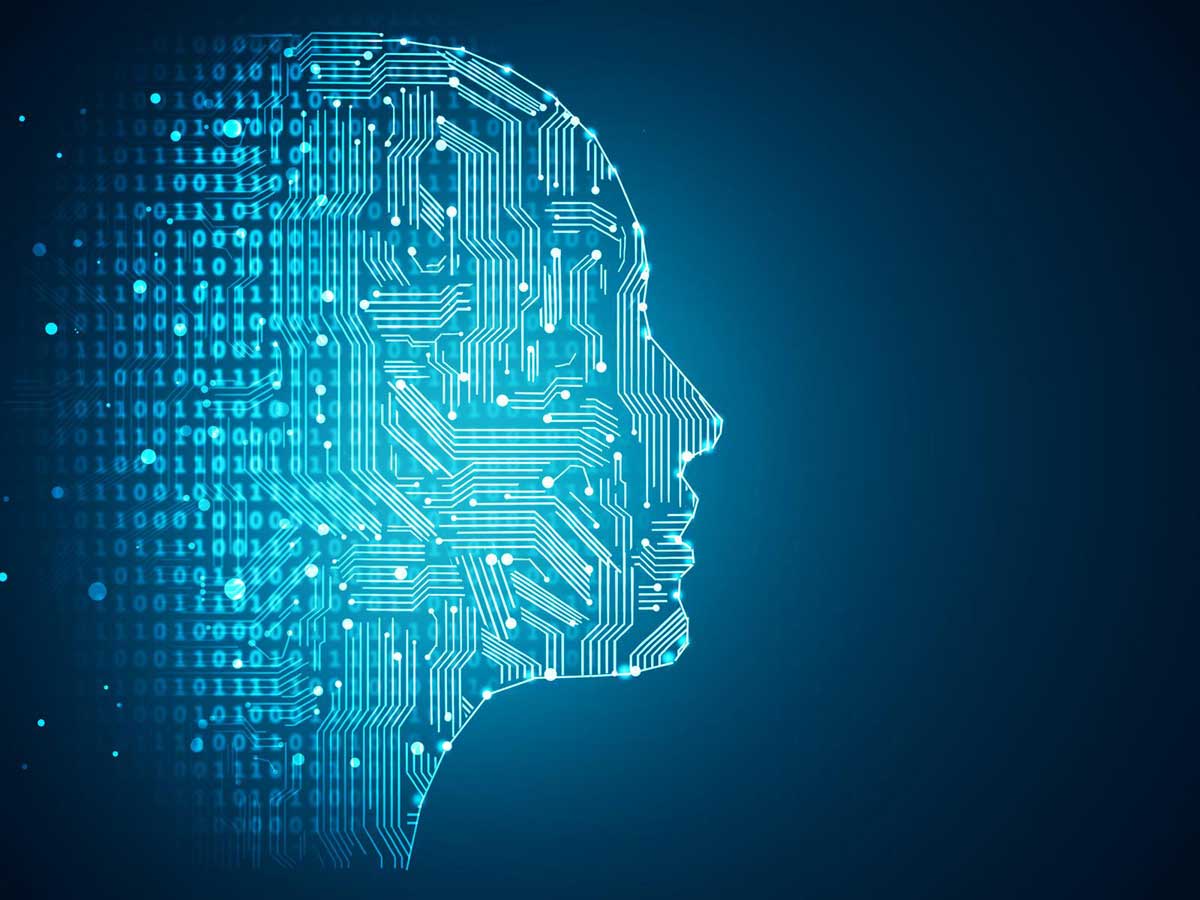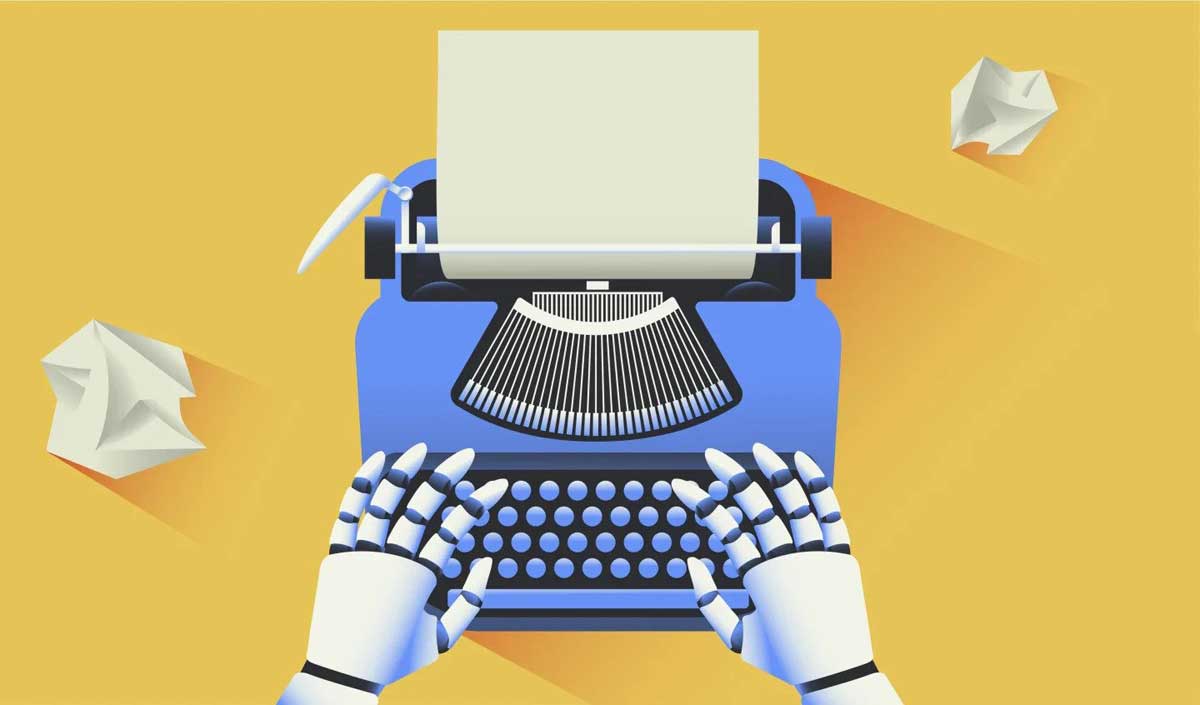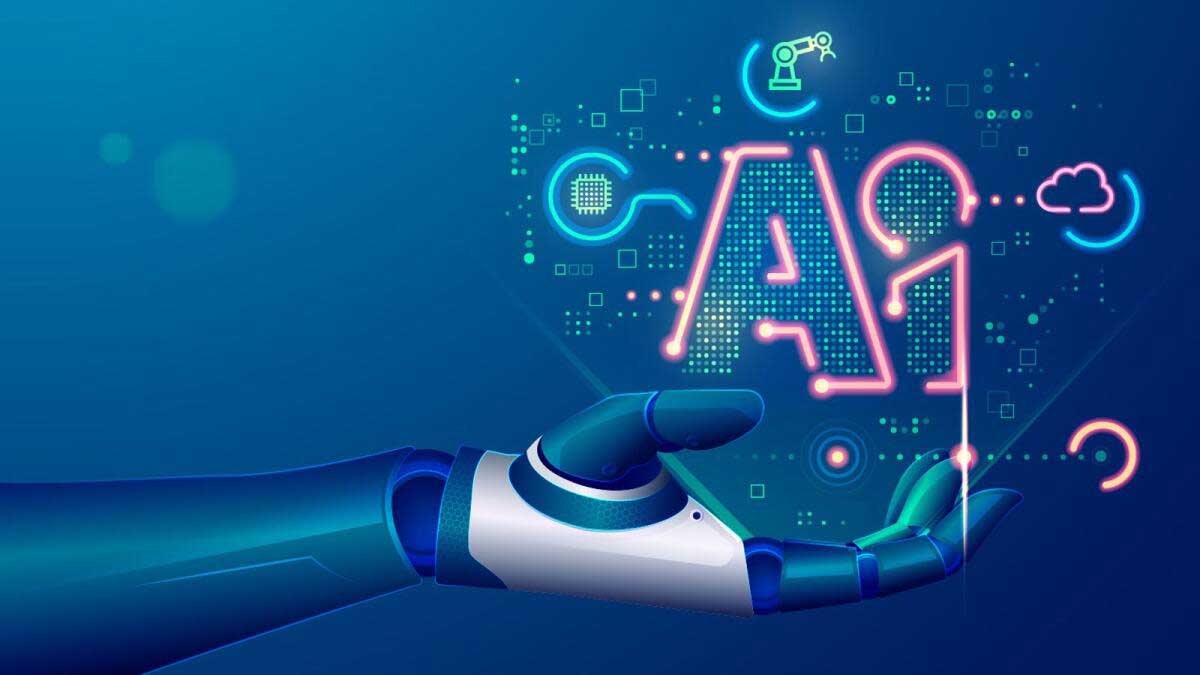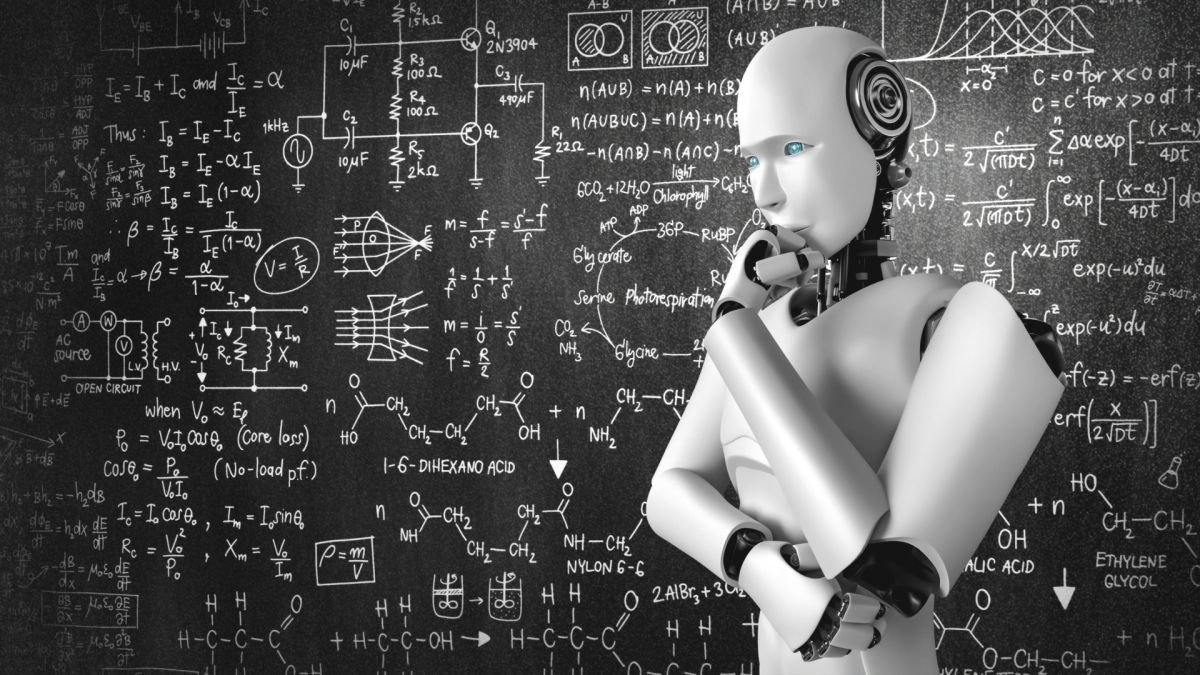The rapid advancement of artificial intelligence (AI) has ignited speculation and debate about the possibility of AI surpassing human intelligence. While AI has made significant progress in various domains, including image recognition, natural language processing, and problem-solving, the question of whether it can surpass human intelligence remains a topic for debate and concern. In this article, we will explore both perspectives on this intriguing question.
AI’s Current Capabilities
Artificial intelligence has undeniably achieved impressive feats, often surpassing human capabilities in specific tasks. Machine learning algorithms have outperformed humans in areas such as chess and Go, demonstrating superior strategic thinking and pattern recognition abilities. AI-powered systems have also shown exceptional skill in image recognition, medical diagnosis, and language translation. These achievements showcase the enormous potential of AI technology.
Human Intelligence: Complex and Multi-dimensional
Human intelligence is a multifaceted construct that encompasses various cognitive abilities, such as reasoning, creativity, emotional intelligence, and social awareness. Unlike AI, human intelligence is deeply rooted in our ability to perceive the world, understand context, learn from experience, and exhibit common sense reasoning. Our capacity for intuition, empathy, and adaptation to complex situations remains unparalleled.
Limitations of AI
While AI has made significant strides, it faces inherent limitations that pose challenges to surpassing human intelligence. One such limitation is known as the “brittleness” problem, where AI systems often struggle when faced with tasks or scenarios outside their training data. AI lacks true understanding, common sense reasoning, and the ability to generalize knowledge across domains—an area where human intelligence excels.
The Importance of Human Factors
Human intelligence is not solely defined by cognitive abilities but is shaped by emotions, values, ethics, and a sense of purpose. These factors are integral to our decision-making processes, as they incorporate moral considerations, empathy, and the overall well-being of individuals and society. AI, as a tool created by humans, must align with these human-centric values to ensure responsible and ethical development.
The Future Outlook
Predicting the future capabilities of AI is challenging, as it depends on various factors, including technological advancements, research breakthroughs, and ethical considerations. Some experts argue that AI could eventually surpass human intelligence through the development of artificial general intelligence (AGI)—a system capable of understanding, learning, and reasoning across a broad range of tasks. However, achieving AGI is a complex and uncertain endeavor, with significant technical and philosophical hurdles yet to overcome.
Conclusion
While AI has demonstrated remarkable capabilities in specific domains, the prospect of it surpassing human intelligence entirely remains uncertain. The distinct characteristics of human intelligence, such as intuition, emotional intelligence, and ethical considerations, set it apart from AI’s current capabilities. It is crucial to continue advancing AI technology responsibly, considering its potential societal impacts and ensuring that it aligns with human values. As we navigate the evolving relationship between AI and human intelligence, it is essential to strike a balance that leverages AI’s strengths while harnessing the unique qualities of human intelligence for the benefit of society.





Leave A Comment